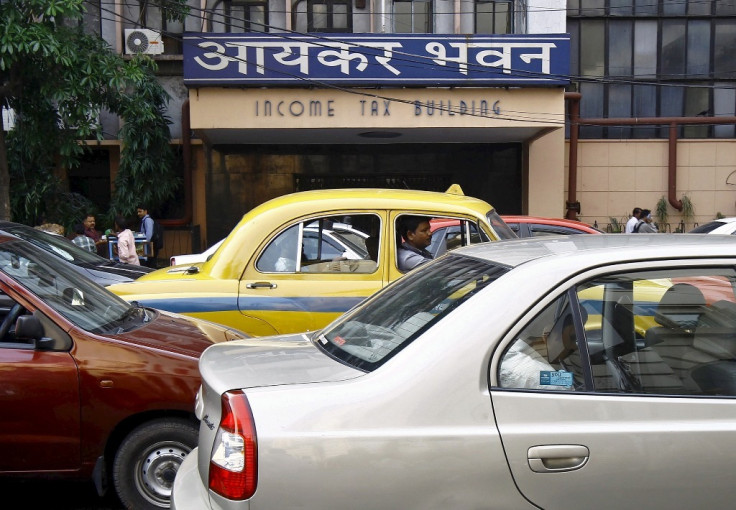India seeks to calm foreign investor jitters over retrospective taxation

Senior Indian finance ministry officials have sought to calm a tax row, promising foreign investors a favourable environment.
They, however, stopped short of ditching unpopular plans to claim retrospective payments.
In a conference call with foreign institutional investors on 22 April, junior finance minister Jayant Sinha said the tax notices arose after a precedent-setting judicial ruling and could only be reversed by India's Supreme Court.
But he used his credentials as a former fund manager to allay concerns, Reuters reported.
In comments reported by two fund managers, as the call was closed to the press, Sinha told investors that they could "rest assured" New Delhi was acting to make it possible to invest with confidence, and will back a stable tax policy.
Sinha reportedly said investors who are based in jurisdictions that have tax treaties with India will not be subject to MAT taxes.
One of the fund managers who has received a tax notice told the news agency: "What this does is clear some uncertainty for us on how to move forward, because the tax officials have been extremely uncooperative so far."
Anita Kapur, the chairman of the Central Board of Direct Taxes (CBDT), later said: "We would try to close all those cases where the provisions and benefits of double tax avoidance agreement apply as soon as possible."
Bonanza
Foreign investors have poured $50bn (£33.3bn, €46.5bn) in new investments into India since Prime Minister Narendra Modi was voted to power last May.
His government has rolled out several business friendly policies, including attempts to resolve past tax disputes such as a case involving Vodafone.
However, the so-called Minimum Alternative Tax (MAT) demands have disturbed investors and several business groups.
London-headquartered ICI Global, the European Fund and Asset Management Association (EFAMA), and the Asia Securities Industry & Financial Markets Association (ASIFMA) complained this month.
Finance Minister Arun Jaitley moved in February to exempt from MAT capital gains made by foreign investors as of April, but left the field open for over $6bn in tax demands on past gains, generating further uncertainty.
MAT implications
Foreign investors in India have previously paid 15% on short-term listed equity gains, 5% on gains from bonds, and nothing on long-term gains, but from late 2014 many companies received notices demanding they pay the MAT on past income.
That could potentially push overall tax on gains to as much as 20%.
© Copyright IBTimes 2025. All rights reserved.






















